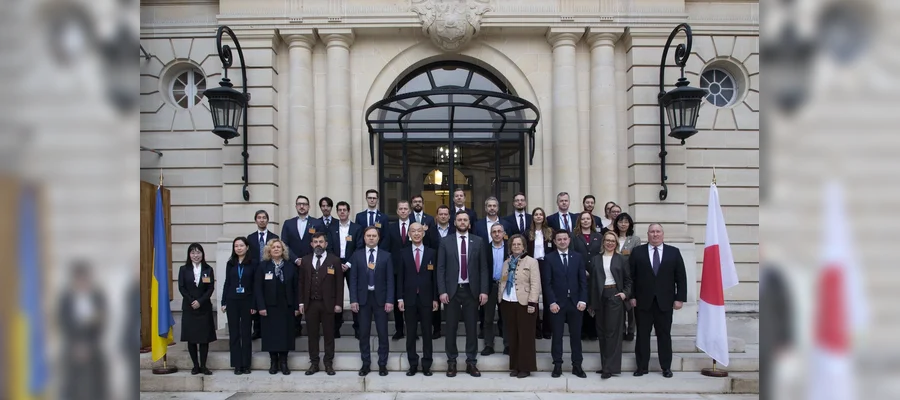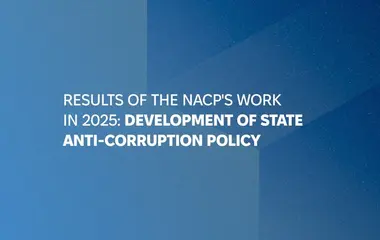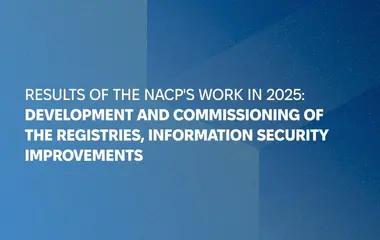The National Agency on Corruption Prevention (NACP), together with its partners, organized a strategic communications training for representatives of local governments as part of the Community Integrity Forum.
Participants from 13 territorial communities were trained to communicate good practices implemented by local authorities in the areas of transparent procurement, anti-corruption assessment of recovery plans, public involvement in decision-making, volunteerism, etc.
To highlight the implemented initiatives and communicate their importance to citizens, community representatives were trained to understand the correct structure and rules of strategic communication, ways to creatively present the implemented practices, and how to interact with the media and communicate in an anti-crisis manner. The trainings were conducted by communications specialists Ivetta Delikatna and Ulyana Kolodiy, a media analyst, Serhiy Stukanov, and Olha Petrova, communications and public relations advisor to the mayor of Shepetivka.
The speakers emphasized the need to move from the authoritarian communication paradigm, which involves a one-sided monologue between the authorities, to a two-way interaction in which the authorities communicate openly with the community and receive feedback. This is crucial for building trust in local officials and, as a result, for the public to support their decisions and initiatives. The trainers also focused on ways to inform community residents about local achievements and problems and how to use modern communication platforms for this purpose in the context of limited capacity of local authorities.
“The immediate comfort, well-being and safety of people are created on the ground. Despite the war, in the absence of adequate funding and a shortage of personnel, communities are developing and creating new good governance practices. However, society, tired of the war and irritated by corruption cases, often fails to notice positive achievements. Open and honest communication can help bridge this gap. But communication efforts alone, without real changes, cannot create an image of a virtuous community. In order to build effective communication, the authorities must actually work effectively. In order to look attractive in the eyes of residents, media and potential investors, they have to be so in reality,” stated Olena Konoplia, Head of Communications at NACP.
Special attention during the training was paid to anti-crisis communications, as communities are currently facing significant challenges related to reconstruction, assistance to internally displaced persons, the consequences of shelling of energy and infrastructure facilities, the need to support the families of fallen soldiers, and other issues. The trainers' materials on these topics were based on real-life examples of local government communication.
The community representatives used the knowledge and practical skills gained during the Community Integrity Forum, where they presented their implemented projects.
The training was organized in partnership with the RMTeam International project with the support of U-LEAD with Europe.








